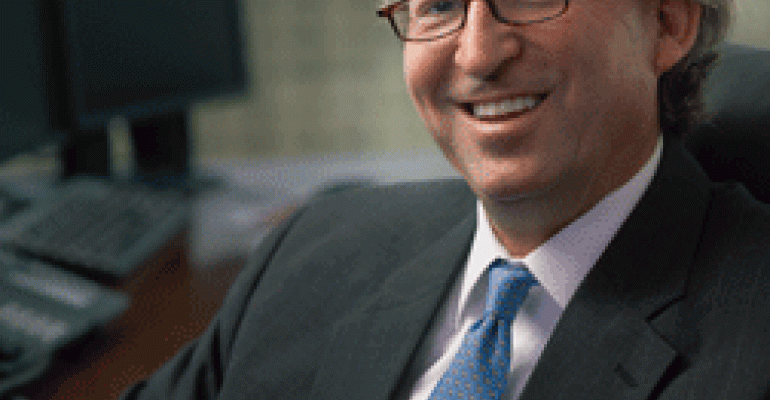
Firm: Morgan Stanley Smith Barney
Age: 51
Location: Atlanta
Years with firm: 10
Years in the business: 28
Business specialty: Corporate cash management, business owners, HNW family practice
Ron Hart's first job out of college was working at a cotton trading company in Memphis. As it turned out, his boss became his first client; the man sold his business to Cargill and hired Hart to manage his money. Having worked together in trading, the two men knew they had similar investment philosophies when they started out. That's a pretty important quality in a relationship between advisor and client, says Hart. “What you find over time is you have to be like-minded. There's a mental fit. It goes a lot easier.”
That was nearly 30 years ago, and Hart, now 51, has worked at a string of firms: Goldman Sachs, Credit Suisse First Boston, Merrill Lynch, and finally Smith Barney. Today he manages $6 billion at Morgan Stanley Smith Barney with a team of six in Atlanta. He does corporate cash management and family practice, with a split of 70 percent fixed income and 30 percent equities. If his name sounds familiar, it may be that you have come across his weekly column of snarky political satire that appears in some 30 newspapers across the South, or have seen him speak on CNN or Fox News.
The best advice he got starting out? “Get equity and get equity…Own the business,” he says. “Know you're working for yourself and not somebody else.” Wall Street “is really the only place where middle-class kids can go with no capital to make money. Goldman (Sachs) always preferred the kind of hungry, middle class kids that needed to be there.”
Today, 30 years after he got his start in the business, the challenges to success are quite different. ETFs and other low-cost products are commoditizing the industry and pressuring margins. Hart stresses long-term thinking, both for clients and colleagues. “We're just not making the money we were making two years ago. If you have assets, this is kind of a way station,” he says. “When people are willing to take some risk, then we're going to have a lot more assets. We're going to be in a good position. And we won't harm (clients) and they'll be happy with us, and we'll live to fight another day.”

